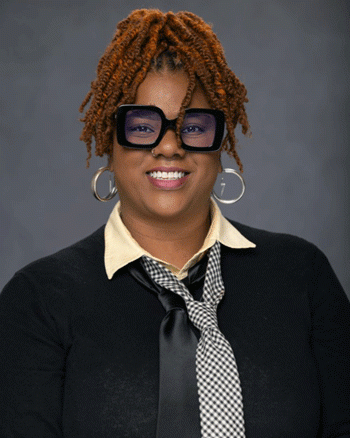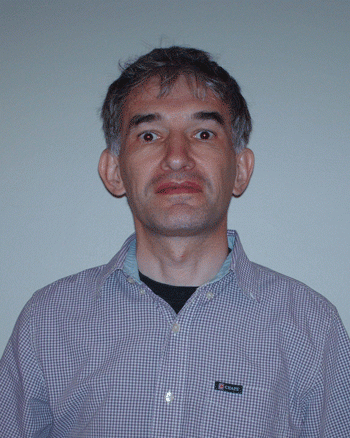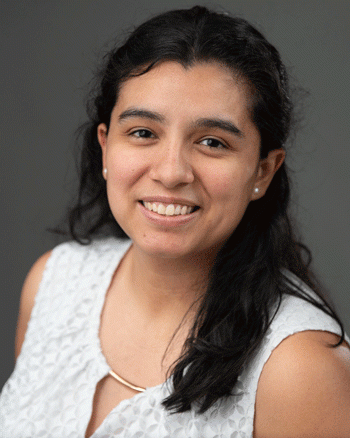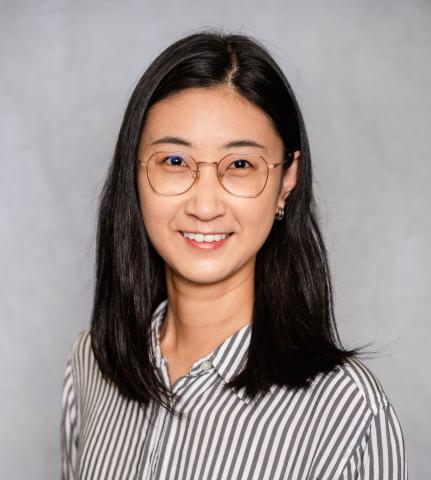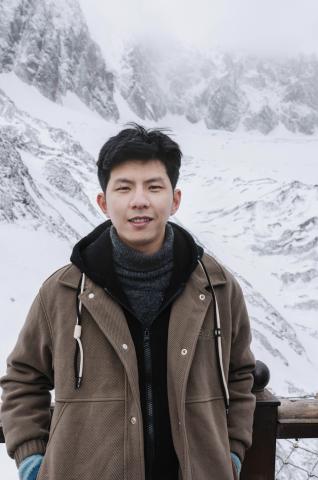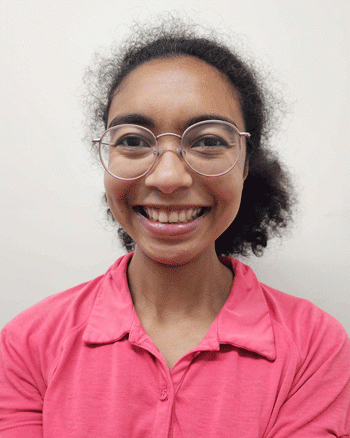Jeanette Weiland, MBA, MA
Jeanette Weiland, MBA, MA
Chief Business Officer
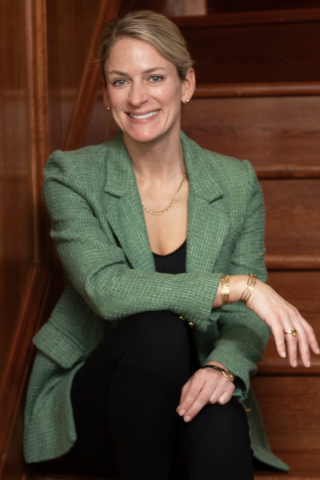
Education & Affiliations
Biography
Jeanette Weiland currently serves as the Chief Business Officer of Tulane University’s School of Science & Engineering. Prior to this role, Jeanette was Investment Director for the University’s first venture capital fund, Tulane Ventures, and Assistant Vice President for Industry & Community Partnerships at the Tulane University Innovation Institute.
Prior to joining Tulane, Jeanette worked as the Senior Vice President of Bio, Innovation, & Special Projects for the New Orleans Business Alliance (NOLABA) – a public-private 501c3 economic development organization partner to the City of New Orleans. In this role, she reported to the CEO and was responsible for managing the organization’s business development and marketing teams. In 2021, Weiland led internal and external collaborative teams to win two U.S. Department of Commerce Economic Development Administration (EDA) grants totaling approximately $2m. Before entering the world of economic development, Weiland served as the Financial Operations Manager forOchsner Health’s retail division, where she created strategic plans and managed budgets, projections, productivity dashboards, and built pro formas for numerous business divisions responsible for generating over $167M in annual gross revenue. In addition to leading cross-functional teams for Retail M&A activity, Weiland translated complex financial data into relatable platforms such as infographics, reports, and presentations that provided crucial yet easily understood information for system leadership.
Before joining Ochsner Health, Weiland served as the Executive Vice President of CIC Wealth – a privately-owned, independent wealth management firm with several offices located in the greater Washington, D.C. area. As a team, the firm was responsible for managing over $400M of client assets. Weiland was a Registered Representative (Series 7 & Series 66) and was awarded a Chartered Retirement Plan Specialist (CRPS®) designation from the College forFinancial Planning. She sold her share of the practice to her DC-based partners in 2014 when her first child was born in New Orleans, LA. Prior to CIC Wealth, Weiland worked with the wealth management teams at Capital One Bank and UBS Financial Services in downtown New Orleans.
Jeanette is a graduate of the 2022 Leadership Louisiana class, produced by Leaders For A Better Louisiana and is the current chairperson for Louisiana BIO, a 501c6 state chapter of the national trade organization, Biotechnology Innovation Organization (BIO). In her role as chairperson, Weiland was instrumental in encouraging and supporting the creation of the Louisiana legislature’s first STEM Innovation Caucus. The STEM Innovation Caucus is comprised of a diverse group of Louisiana legislators from around the state who support the growth of innovation industries, local companies, and the quality jobs created in Louisiana that add to the tax base and attract and retain talent. During the 2022 legislative session, the Caucus successfully authored and passed three bills aimed at enhancing the retention, growth, and attraction of STEM/Innovation entrepreneurs (HB786, HB796, and SB175).
Ms. Weiland currently serves as a board member for KIDsmART, a volunteer board member for Xplore Federal Credit Union, and recently released her third children’s book, Alligator Stew. She graduated from Louisiana State University (LSU) with a Bachelor’s of Science degree in International Trade and Finance and received both her Master’s of Arts in Arts Administration and Master’s of Business Administration degrees from the University of New Orleans. She resides with her family in New Orleans, Louisiana and enjoys working alongside the talented faculty, staff, and students who make Tulane’s School of Science & Engineering such an innovative and impactful place.
